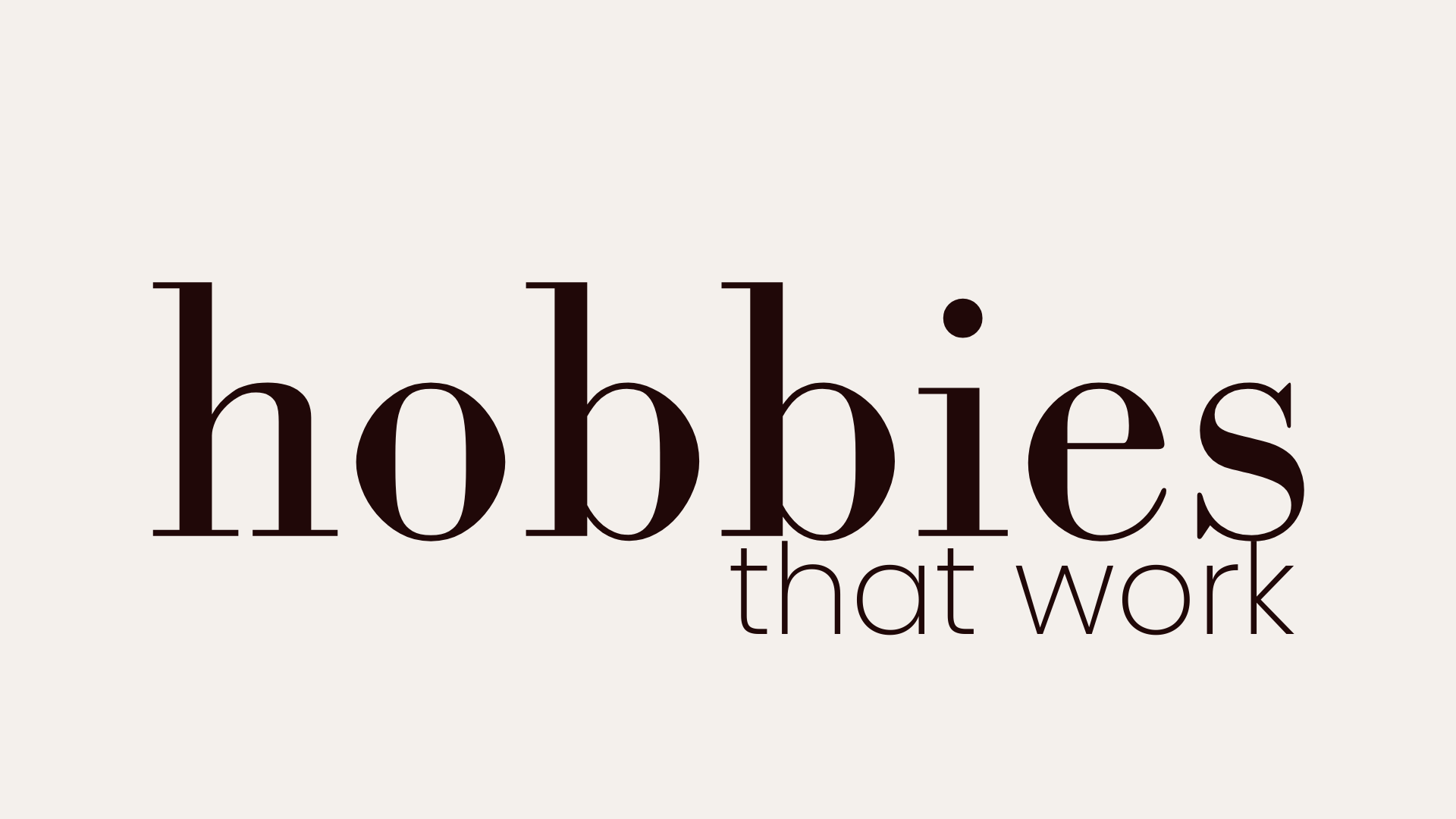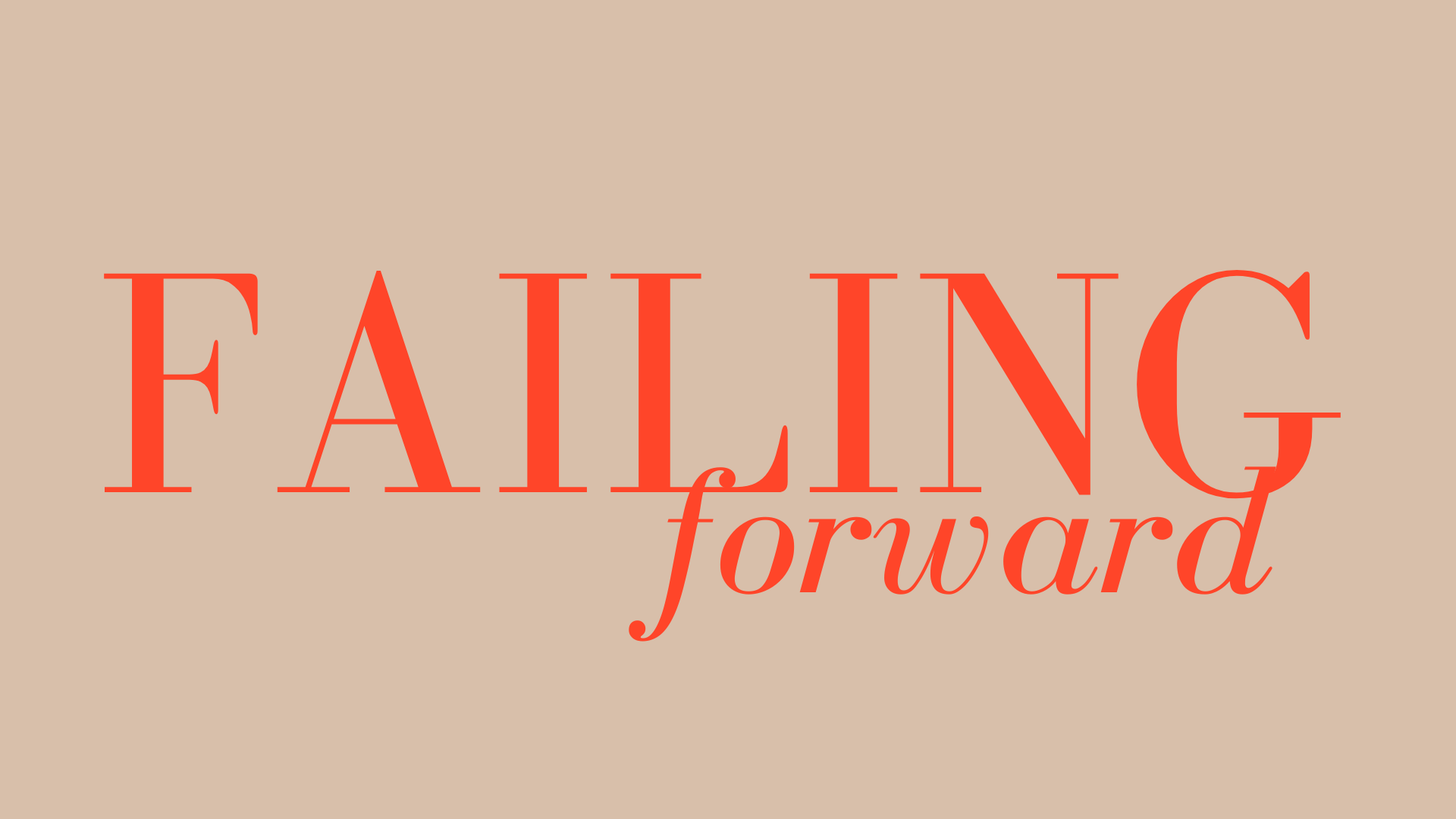How Hobbies Can Work for Your Personal Brand (6 Tips)
What do you do in your spare time? People connect with people. And it’s personal connections that build brand trust. So, let your hobbies help you find your people.
As the proverb goes:
“All work and no play makes Jack a dull boy.”
This generally means a person who doesn’t take time off from work becomes both bored and boring. When it comes to your business, your career or social life, do you want to be remembered as a boring personal brand?
The always-on, hustle-at-all-costs culture only perpetuates boring personal brands. Are you all work and no play? If so, you’re not only less relatable on a personal level, but you’re also more likely to be less creative in your work too. You’re more likely to miss the non-linear solutions to your problems.
As Michael Hyatt highlights in his book Free to Focus, while we celebrate the habits of highly effective people, what about their hobbies?
As psychiatrist Stuart Brown says, “Work does not work without play.”
In this blog, I’m sharing my tips to make your hobbies work for you:
Tip #1: Be a less vanilla personal brand
If I asked you what the most boring ice cream flavour is, you’d likely say vanilla. Yes, it’s classic, consistent and always reliable. But, its brand is by (popular) definition boring. It’s the essence of ice cream and nothing more. In the ice cream community, it’s all work and no play. It lacks creative flair. It lacks a unique personality. It lacks depth, texture and a layered experience.
Now, imagine the marketplace, your social circle or community is an ice cream shop. When you’re all work no play, your personal brand becomes a stronger shade of vanilla to your potential customers, employers, colleagues or friends.
It’s like that first date question, “What do you do in your spare time?” You’d likely be embarrassed to answer only with ‘nothing’…or ‘Netflix’. And yes, we mostly all see our friends and family.
It’s easy to blame your lack of connection on cliques or boys’ clubs. But, cliques and clubs usually form for a reason. They unite under common interests. Having leisure time hobbies helps connect you to your people. Common interests help you find your people and creates communities. At the very least, it creates intrigue.
Tip #2: Enjoy what you love - even when seemingly irrelevant
Your hobbies can have an unexpectedly high return on your work.
Adam Grant, in Originals, champions the importance of high-value hobbies. Research shows having them is a defining trait among entrepreneurs and inventors. Those who started businesses were more likely to have hobbies that involved drawing, painting, architecture, sculpture and literature:
“People who are open to new ways of looking at science and business also tend to be fascinated by the expression of ideas and emotions through images, sounds and words.”
Galileo demonstrates this concept. When he made the remarkable discovery of mountains on the moon, it wasn’t his telescope that found this. It didn’t have the magnifying power. Instead, he recognised the zig-zag pattern that separated the light and dark areas of the moon. Galileo had artistic training in a technique called chiaroscuro. It focuses on light and shade.
Tip #3: Collect and connect your dots
Steve Jobs famously advocated for broad life experiences. After officially dropping out of Reed College, Jobs continued attending classes he was interested in. One of these classes was calligraphy. He was fascinated by it. But, he didn’t foresee any practical application for it in his life. Until, ten years later. His learnings in that calligraphy class underpinned the Mac’s signature beautiful design.
Jobs attributed much of the best design to broad life experiences and interdisciplinary talents. Connecting the dots between many interests:
“A lot of people in our industry haven’t had very diverse experiences. So they don’t have enough dots to connect, and they end up with very linear solutions without a broad perspective on the problem. The broader one’s understanding of the human experience, the better design we will have.”
Tip #4: Build inter-disciplinary knowledge
By connecting your dots, you’re building interdisciplinary thinking.
Ash Ali and Hasan Kubba share in their book The Unfair Advantage:
“Creativity is largely about training your mind to connect things you learn in one domain to situations that seem completely unrelated. This is known as intersectional or interdisciplinary thinking.”
Niche knowledge is formed not just in the narrow lens of your field. But, in your unique combination of interests.
The Almanack of Naval Ravikant highlights the importance of ‘specific knowledge’. Ravikant describes specific knowledge as knowledge others can’t be trained for. It is valuable knowledge specialised to you and your circumstances. It comes from your innate talents and interests. While others can also share your subject matter expertise, your ’specific knowledge’ starts to form your truly unique category of one.
Tip #5: Highlight your hobbies
People can’t connect with what they don’t know. Share your hobbies in your personal brand storytelling online or in person. Draw relevant connections. Use your hobbies as examples of context. Take your audience behind the scenes in your life.
Michael Hyatt, in Free to Focus, highlights the three key stages you have:
Front stage: When you’re actually performing visibly. This is usually what others actually see.
Backstage: What you do to prepare for your on-stage time. This usually goes unseen.
Off stage: Seemingly unrelated to your work, but still essential. It prepares you to perform in the other stages.
Your ‘off-stage’ interests provide context for the person behind the work.
Weave your hobbies into your personal branding and profiles, your content, or allude to them in interviews. It just might be the thing that lights up the emotional centres in the brains of others. Because, remember:
“People buy emotionally first and then rationalise with logic.”
Tip #6: Create communities around your hobby
To go all in on your hobby, or maybe even just practise in public, create a community around your hobby. Connect with like-minded enthusiasts or aspiring ones. Maybe it’s an event for your business contacts or a specialised club. Spending time together (outside of the office, meetings and stereotypical formal events) deepens relationships and builds trust.
Bonus Tip: Ideas for hobbies
As I’ve shared in my previous blog, Life-changing Habits for Personal Development, if you’re looking for ideas for hobbies, here are my personal favourite hobbies:
Reading: As research shows, improve your knowledge, problem-solving, analytical and communication skills. Plus, reduces stress by 68%.
Play an instrument: Improve the connections between the left and right hemispheres of the brain and grey matter in various regions.
Yoga: Grow a thicker cerebral cortex (for information processing) and hippocampus (for learning and memory).
Learn a language: Increase your attention control, working memory and abstract and symbolic representation skills.
Just some other ideas include:
Pick up a craft (painting, drawing, sculpting, sewing, knitting, wood-work, leather-work)
Learn a technology (photography, videography, graphic design)
Share your perspective or interests (blog, YouTube channel, podcast, social media)
Cooking
Gardening
Regular sport or recreation
Calligraphy
Power your personal brand with personality and creative thinking; make time for play. Prioritise your hobbies and reap the unexpected returns.
So, what do you do in your spare time?





